-
A Weaker Taliban After Three Years in Power
Is the Taliban as strong as it looks? The group continues to face several problems it is either unable or unwilling to solve. While seemingly secure in the short-term, it could threaten to undermine its hold on power in the coming years.
/
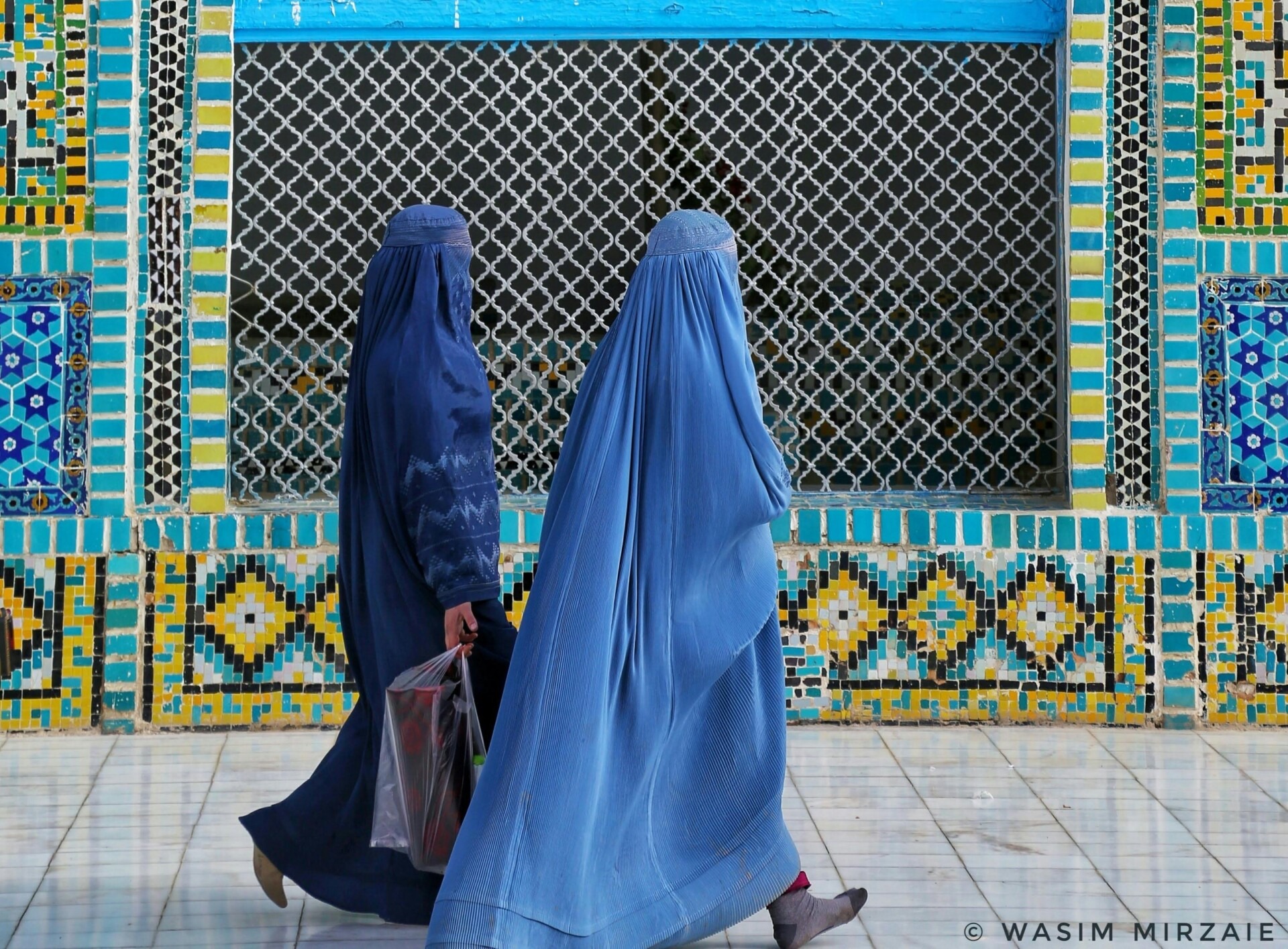
-
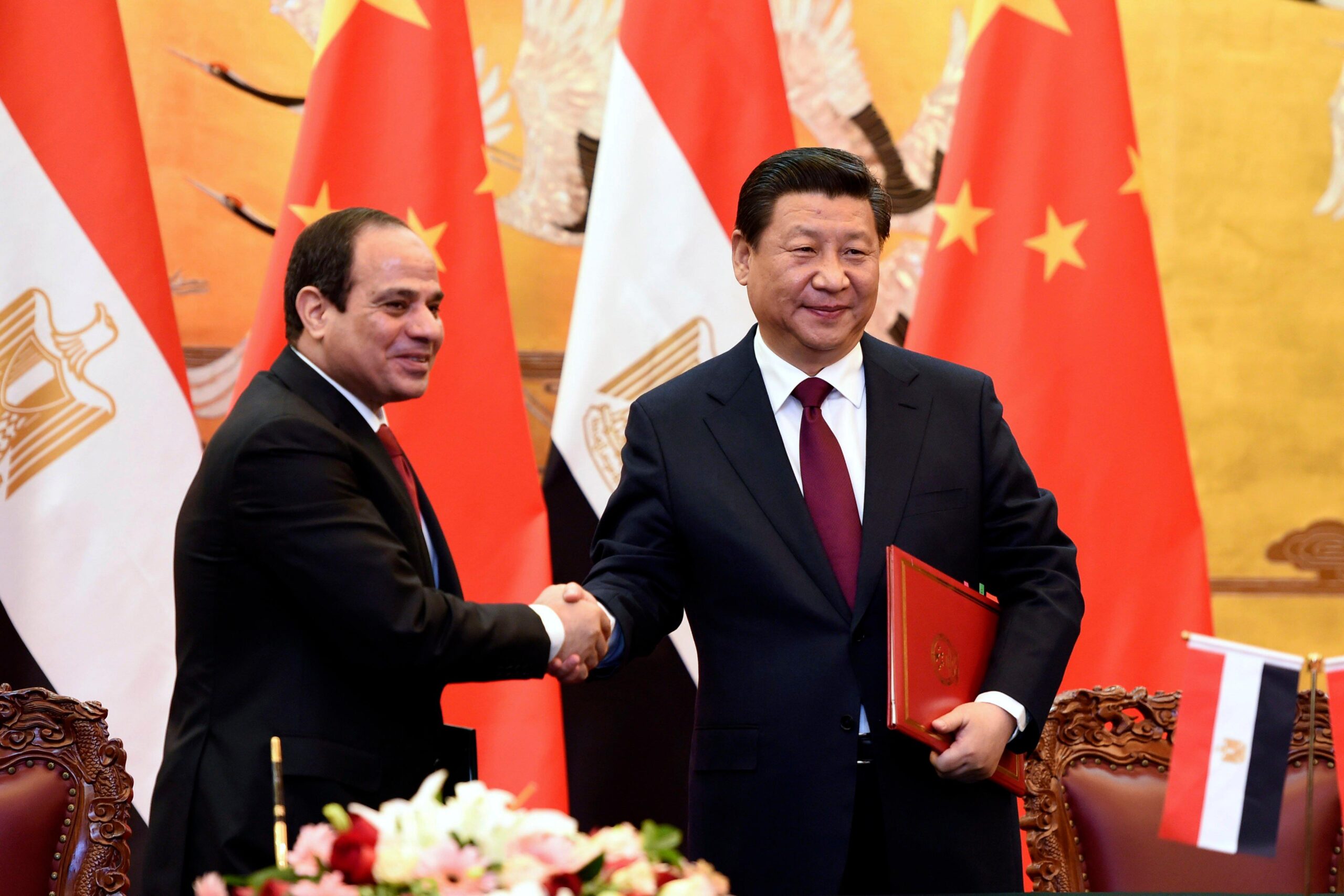
Economics Driving China’s interest in Egypt
On 30 June, a Chinese State Construction and Engineering Company (CSCEC) work crew lifted into place a steel skyway connecting two office buildings in the Central Business District (CBD) of Egypt’s New Administrative Capital – an engineering feat that serves as a fitting metaphor for the two countries’ rapidly developing commercial relationship. In a 27…
/
-
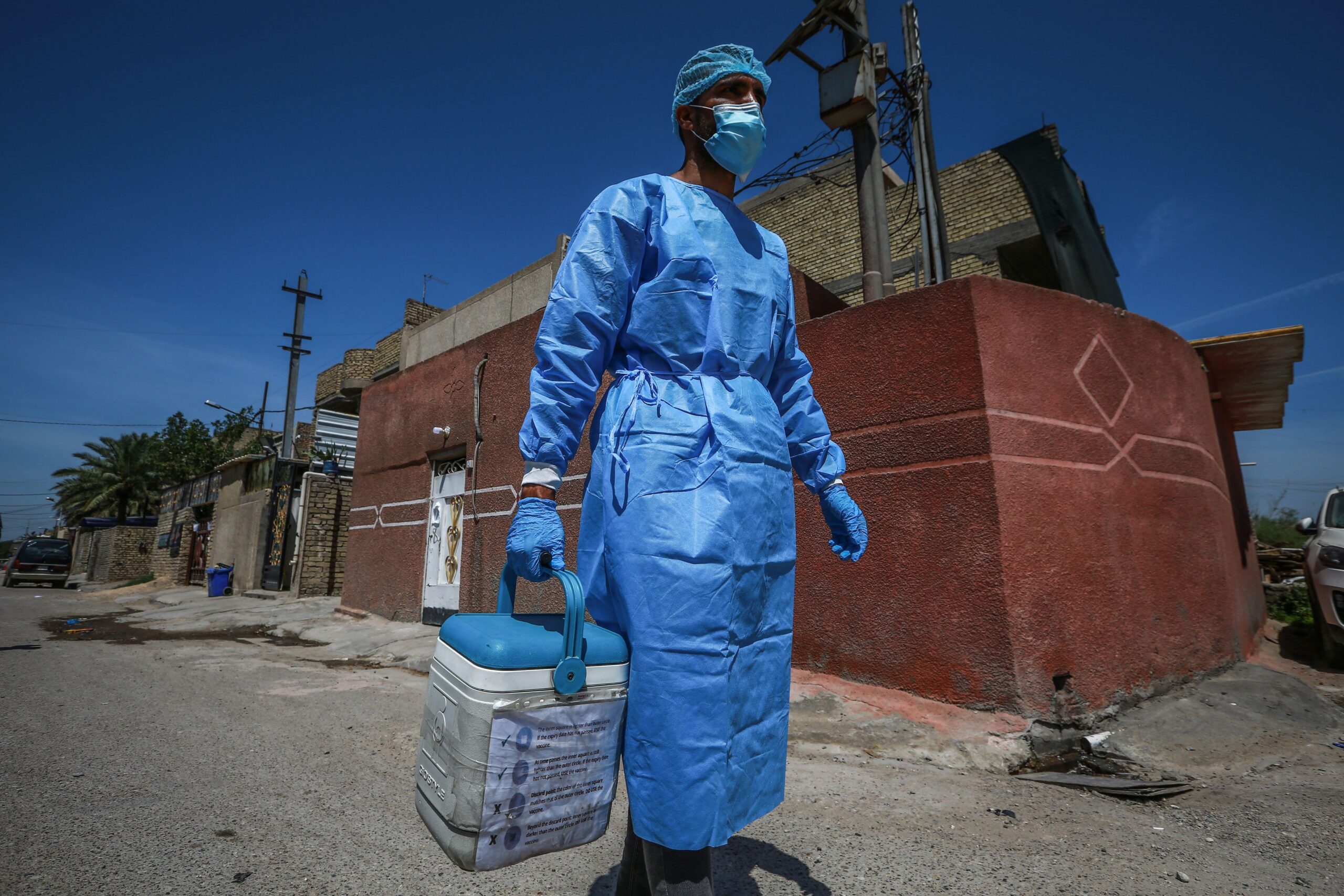
COVID-19 and Iraq’s Fractured Healthcare System
In July of this year, a fire tore through the COVID-19 isolation ward of Iraq’s al-Hussein Teaching Hospital in the city of Nasiriyah. At least 64 people were killed and dozens more injured, with the cause of the accident still disputed. Initial police reports suggest that the trigger was the explosion of an oxygen tank,…
/
-
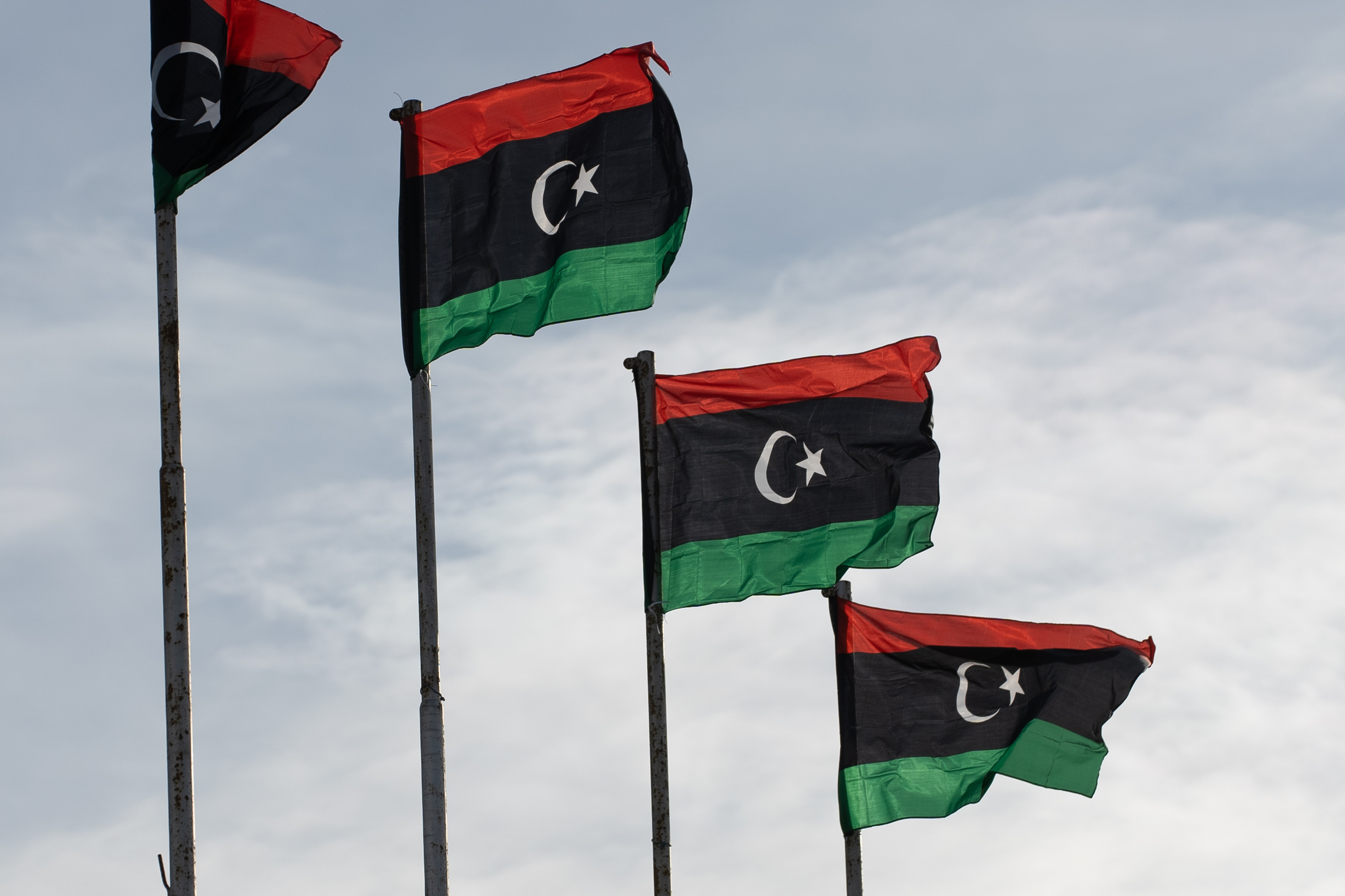
Libya at a crossroads, again
The current strategic and political situation in Libya seems almost unrecognizable from the perspective of just a year ago. For the first time in nearly a decade, Libya appears to have a widely supported transitional administration under recently appointed Prime Minister Abdul Hamid Dbeibah. There are also ongoing talks to unify the command structures of…
/
-
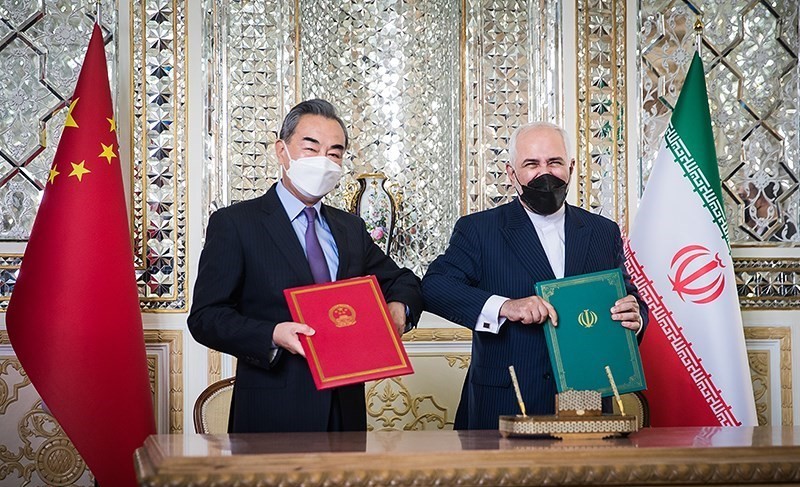
China as a new Gulf mediator?
China’s relationship to the Gulf could be changing. Previously, it avoided conflict and risk, which helped it establish good diplomatic relations and expand its commercial ties in the region. That approach may become harder given the high importance of Saudi Arabia and Iran to Chinese investments and the two countries’ own rivalry and competitive struggles…
/
-
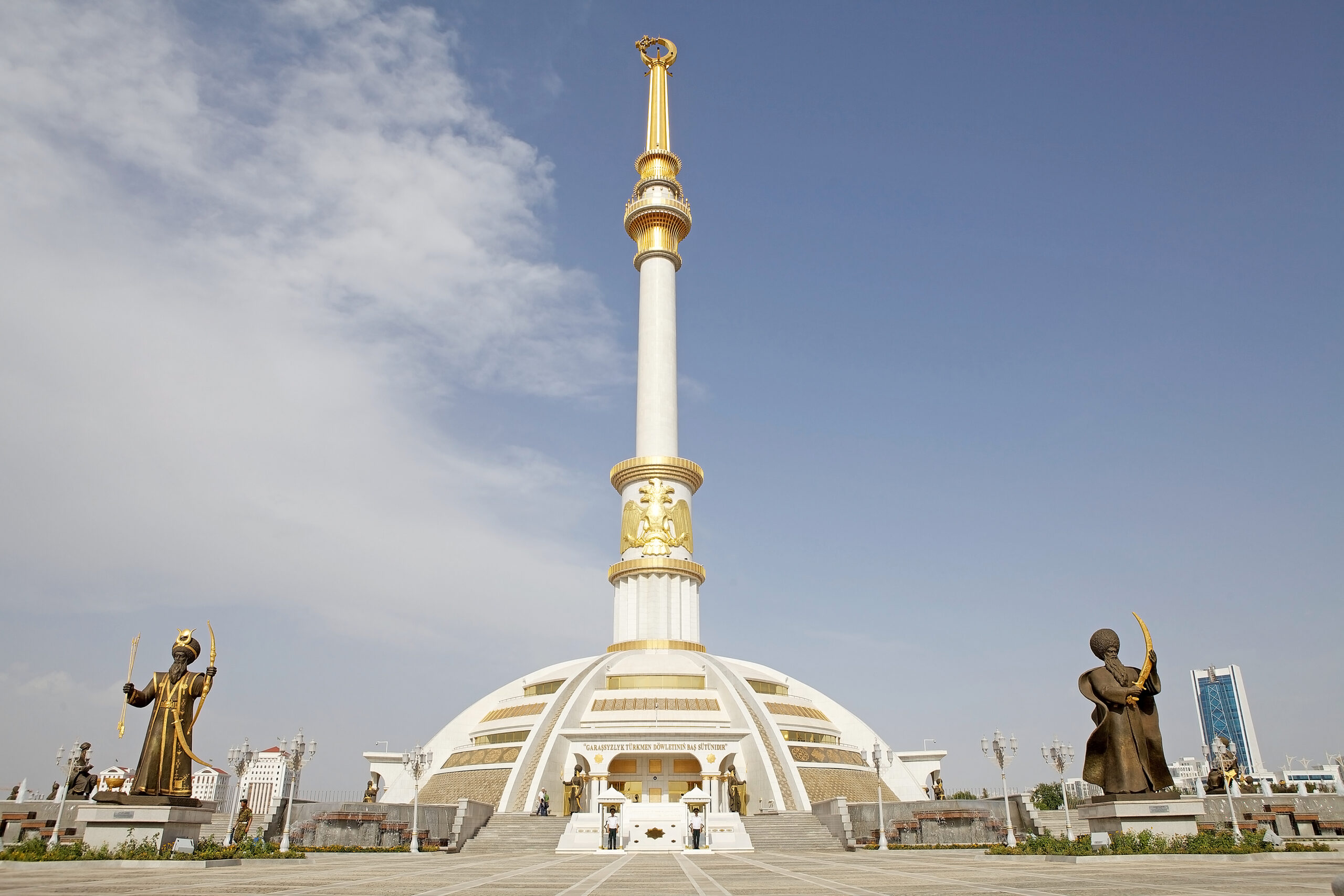
Turkmenistan food crisis – a threat to regime stability?
Turkmenistan has been facing an increasing crisis of food, primary products, and cash shortages. The crisis is a result of lower natural gas prices, Turkmenistan’s primary export, and a Chinese monopoly over gas exports. Although the regime often trumpets its economic successes, the crisis has accelerated, and imports of food and consumer goods were cut…
/
-

Hope and risk in Qatar’s investment environment
Launched in June 2017, the so-called ‘blockade’ of Qatar by the ‘Anti-Terror Quartet’—comprising Saudi Arabia, the United Arab Emirates, Bahrain, and Egypt—appeared to finally come to an end on 5 January 2021. Ostensibly agreeing at the 41st annual summit of the Gulf Cooperation Council to forgo their thirteen original demands—which were mostly aimed at curtailing…
/
-
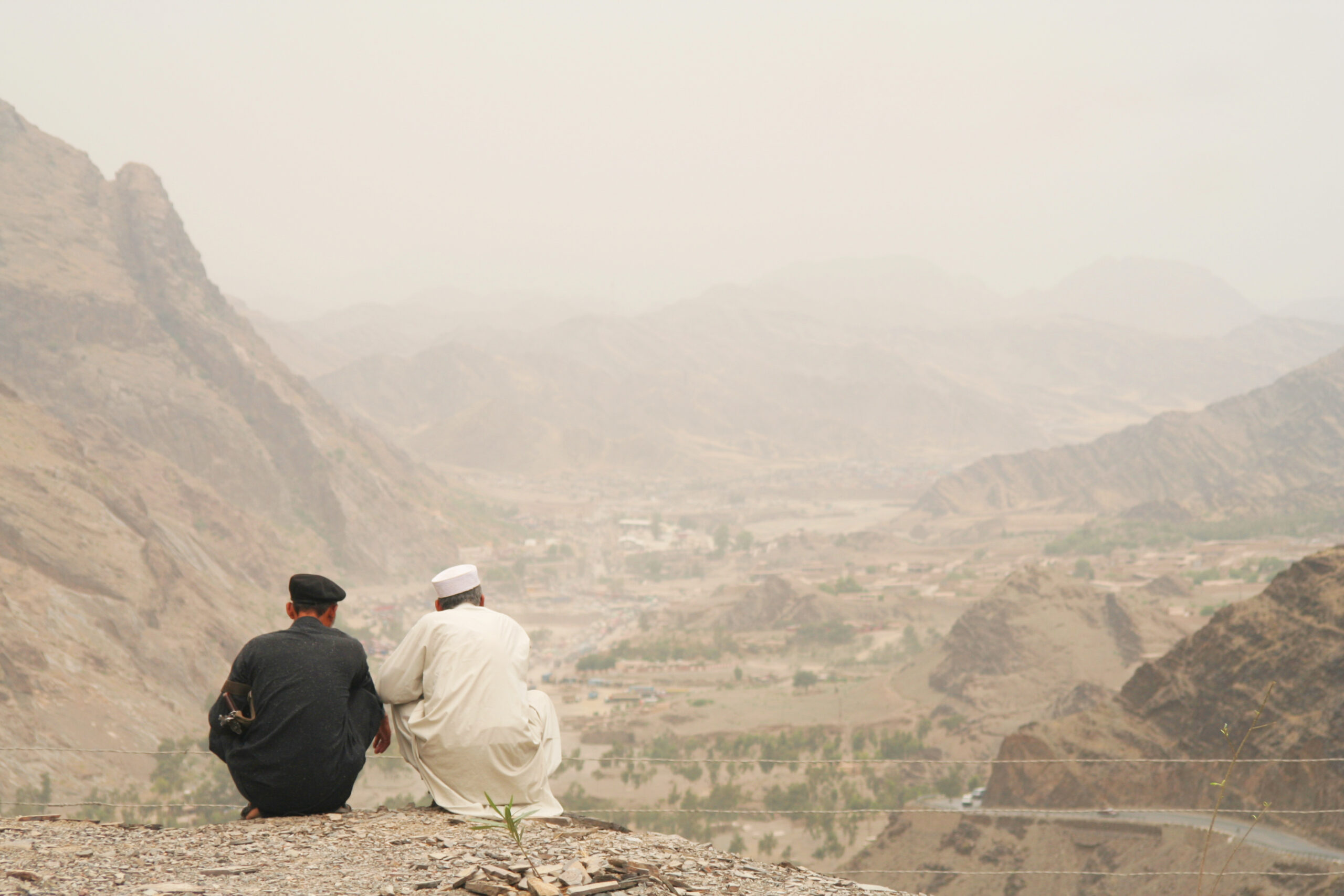
Looking south: Central Asia and Afghanistan
After nearly two decades, the current manifestation of conflict in Afghanistan may be coming to an end. The United States and representatives of the Taliban signed an agreement in February 2020 that ostensibly sets the terms for the US military departure from Afghanistan. In principle, it also creates conditions for the reconciliation negotiations between the…
/
-
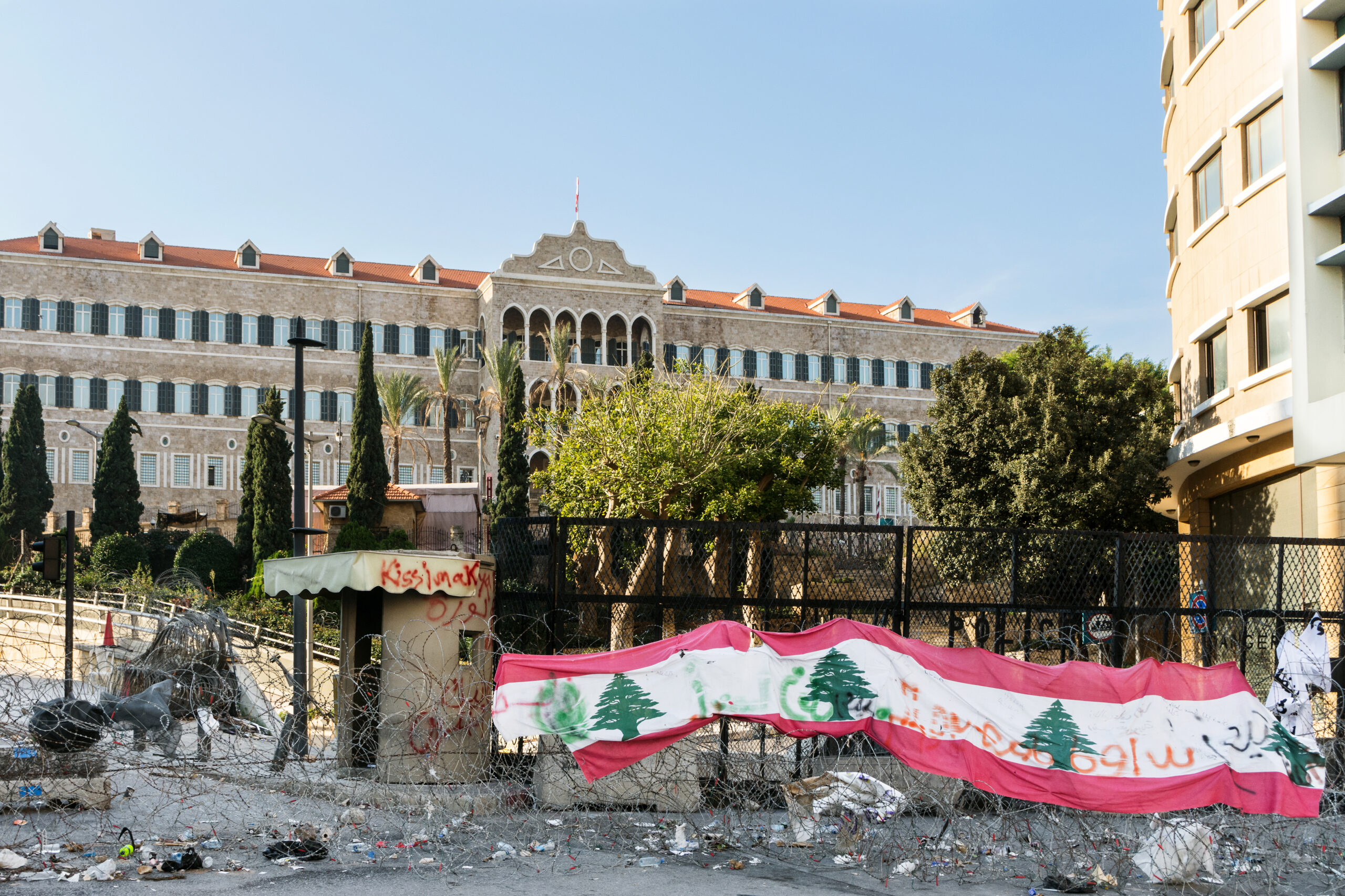
Sectarianism a la Libanaise
In a small multi-sectarian country, such as Lebanon, highlighting religious and sectarian factors appear to be the most appealing and logical explanation to political and eocnomic woes. In reality, Lebanese sectarian diversity paved the way to a ruling class that took advantage of the national economic structure to pursue its own interests, leading to the…
/
-

The Ethio-Sudan boundary: what’s next?
Ethiopia and Sudan share a boundary of over 1,600 km, series of negotiations and treaties between the colonial powers of Britain and Italy with the Ethiopian government. The people of Ethiopia and Sudan have had good relations for generations, but the demarcation of the boundary has remained a bone of contention between them due to…
/
-
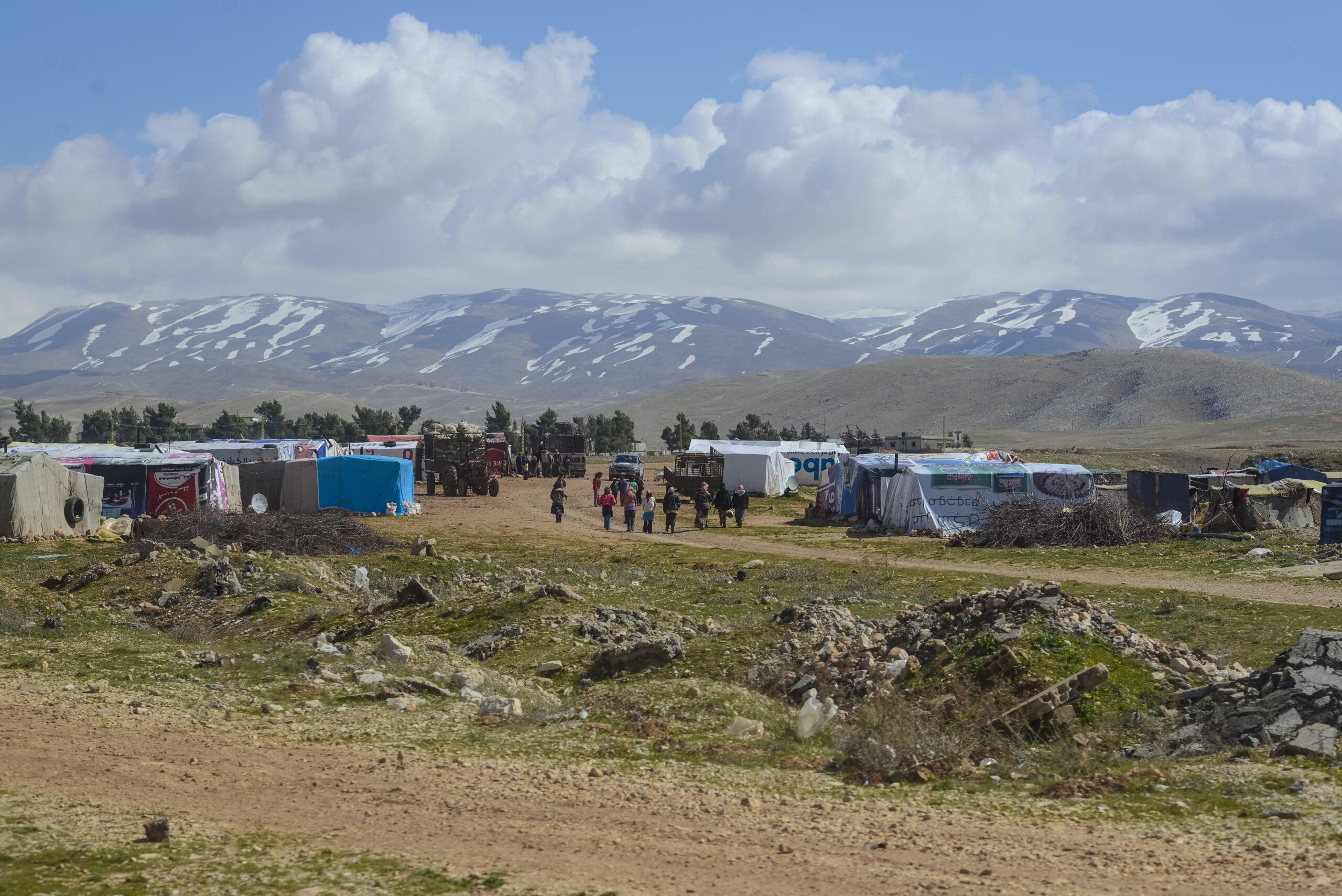
Syrians in Lebanon: A Mobility Crisis
Covid-19 stopped the motion of many around the world. A drastic decline in airline passengers grounded planes. Cars used for commuting to work sat parked with nearly full gas tanks. Demand for public transit plummeted. But for some of the one and a half million Syrians living in Lebanon, the pandemic’s exacerbation of an already…
/



